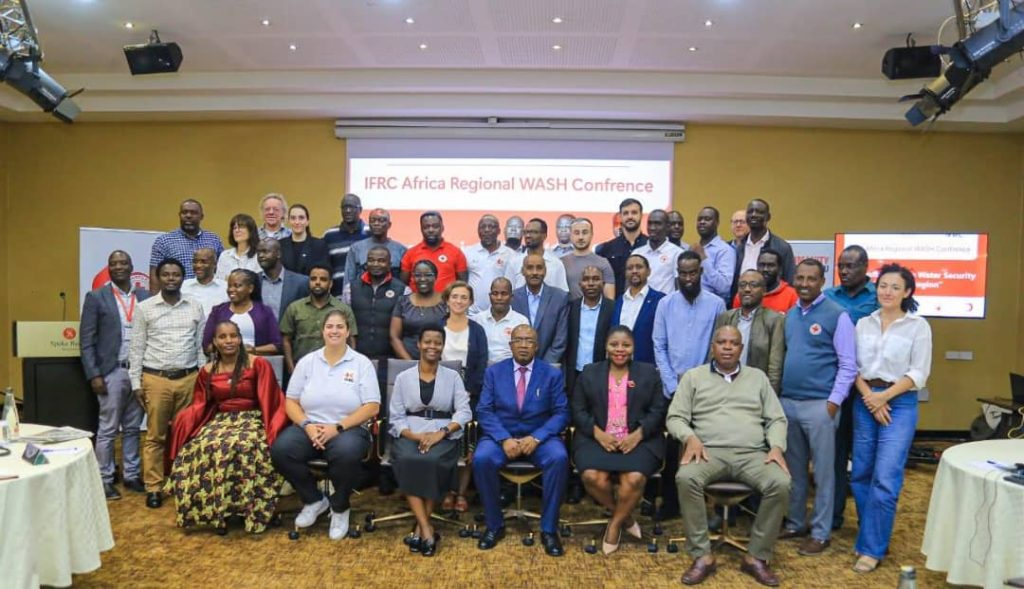Kampala, Uganda – October 4, 2024 – The Africa Regional Water, Sanitation, and Hygiene (WASH) Workshop is underway at the Munyonyo Resort Hotel, bringing together over 60 WASH experts from across Africa and representatives of the Red Cross and Red Crescent Movement. The workshop, which began on September 30 and concludes on October 4, 2024, is focused on the theme of “Strengthening Water Security in Africa,” addressing the growing challenges posed by climate change and population movement.




